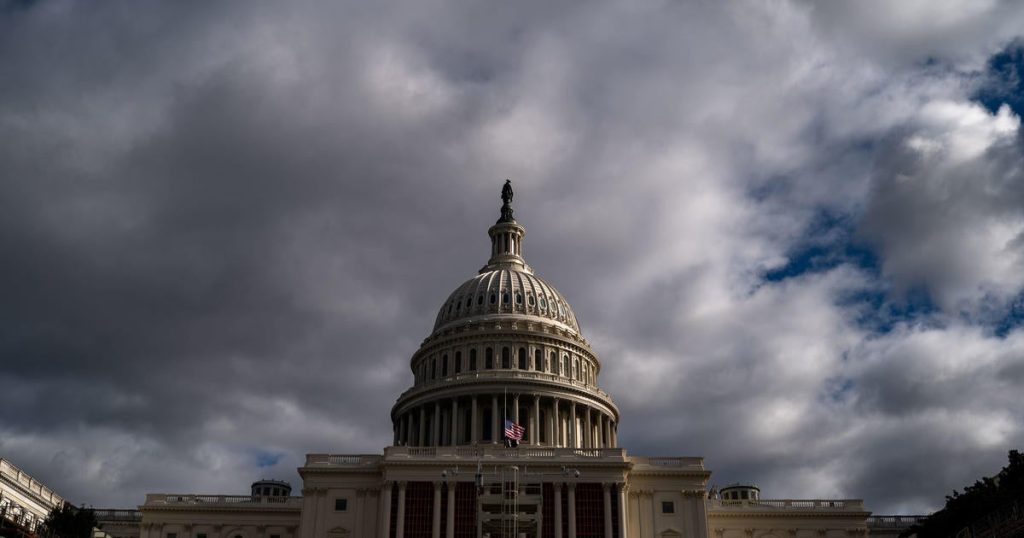The House and Senate are set to convene to certify President-elect Donald Trump’s victory in the 2024 election, following a violent mob’s attack on the Capitol in 2021 to prevent Congress from affirming President Biden’s win. There are no plans by Democrats to stand in the way of certifying Trump’s win, and the joint session will be presided over by Vice President Kamala Harris. The process involves the reading of electoral votes and the affirmation of Trump’s victory by Congress.
Congress is required by law to count the electoral votes on Jan. 6 after each presidential election, although the date has been temporarily changed in the past when Jan. 6 fell on a weekend. The Electoral Count Reform Act was passed after the Capitol riot in 2021 to prevent attempts to overturn the results of a presidential election. It clarified the vice president’s role as ceremonial and raised the threshold for members of Congress to challenge a state’s electors to 20% in each chamber.
After Trump’s defeat in the 2020 election, he and his allies made unfounded allegations of fraud and argued that Vice President Mike Pence had the authority to accept or reject electoral votes, which Pence denied. During the 2021 joint session, objections were raised to Mr. Biden’s votes from Arizona and Pennsylvania, but the violent interruption by protesters led to the rejection of these objections. The Electoral Reform Act raised the threshold for members in each chamber to object to the count, making it more difficult to force lawmakers to debate and vote on whether to accept or reject a state’s results.
In the upcoming joint session to certify Trump’s victory, any objections raised by members of Congress will be treated as a complaint and will not lead to further debate or votes on the state’s results. The reforms from the Electoral Count Reform Act aim to prevent similar disruptions as seen during the 2021 joint session. The process of affirming the electoral votes and certifying the president-elect’s victory is typically a ceremonial step before the inauguration on Jan. 20. Despite the previous challenges faced during the 2021 certification process, there are no expectations of major disruptions in certifying Trump’s win in the upcoming session.















